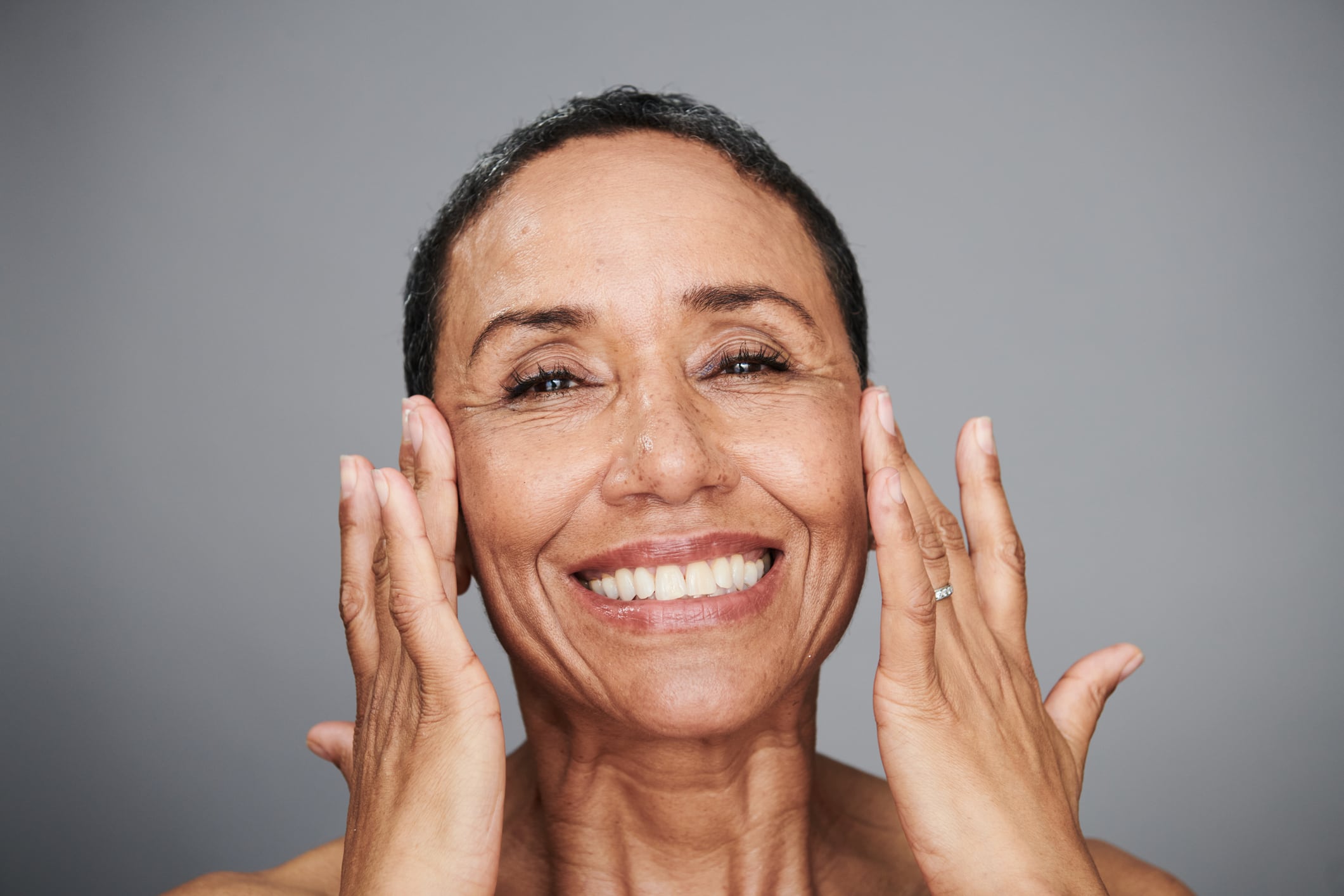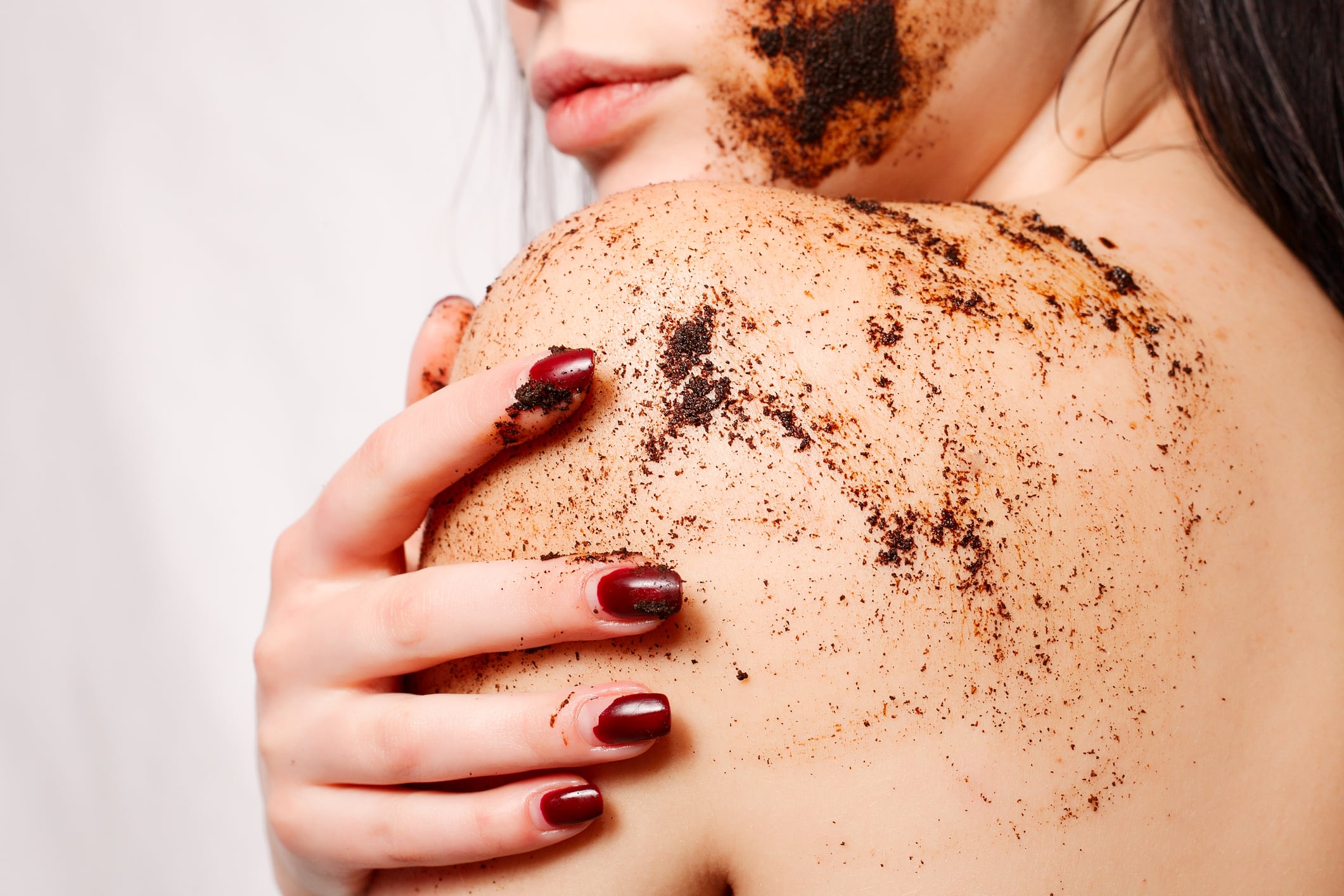We spoke to Alice Balloffet Belveyre, global category manager biotech actives at Swiss cosmetics ingredients company Givaudan Active Beauty about its new ingredient launch Evernityl, which takes a sustainable approach to using marine ingredients and is based on Givaudan’s scientific discovery Porphyr’ageing™.
Porphyr’ageing introduces a novel understanding of the biological mechanisms behind skin ageing and Belveyere said Givaudan has been working on this innovation for four years.
Cosmetics Design-Europe (CDE): Can you explain more about porphyrins?
Alice Balloffet Belveyre (ABB): Porphyrins are widespread biomolecules found in many organisms and produced in large quantities by skin microbiota, particularly on the face. They actively contribute to inflammation by promoting cytokine release and increasing oxidative stress, both of which can accelerate premature skin ageing.
Givaudan Active Beauty experts unveiled that fibroblasts exposed to porphyrins lose their capacity to produce collagen, which accelerates cellular ageing and emphasises the harmful effects of porphyrins on skin.
Porphyrins also stimulate pigmentation by enhancing melanogenesis, resulting in dark spot precursors that can later lead to visible pigmentation issues. These findings underscore the critical role of porphyrins in the ageing process, giving rise to the concept of Porphyr’ageing™, and highlight the urgent need for strategies to regulate their levels to promote healthier, more youthful skin.
CDE: How does this ingredient, Evernityl, proactively prevent skin damage?
ABB: Evernityl proactively prevents skin damage by targeting the underlying mechanisms of Porphyr’ageing through an effective mode of action. By reducing the production of porphyrins, and promoting their elimination through autophagy, it inhibits porphyrin-induced melanogenesis and reduces porphyrin-induced matrix degradation.
By tackling the roots of Porphyr’ageing (reduction of porphyrins production and elimination by autophagy), Evernityl effectively reduces their harmful effects, preventing skin damage.
CDE: Do you think this preventative approach is the future of anti-ageing skin science?
ABB: Shifting towards a more proactive rather than reactive approach is the future of anti-ageing skin science. This perspective aligns with the evolving mindset of consumers, who increasingly value beauty at every life stage and embrace ageing positively. It involves a holistic view of beauty that celebrates authenticity and vitality at any age.
Consumers focus more and more on preventive measures for longevity rather than merely trying to correct signs of ageing. Consumers are increasingly seeking brands that support their longevity journey with a holistic approach to ageing, adopting a dual strategy in their skincare routines. This involves proactive measures to maintain skin health and delay signs of ageing, alongside repair solutions that target existing signs.
This proactive approach to skin health mirrors the principles of preventive medicine, emphasising the importance of protecting and strengthening the skin before damage occurs.
CDE: Why do you think this shift is happening?
ABB: The insights based on our extensive consumer insight studies and social listening reveal a significant shift in attitudes towards ageing and skincare.
According to an internal study, 85% of consumers agree that it is better to take preventive measures for ageing. People are increasingly recognising the importance of prevention and consistent skincare routines as essential components of maintaining youthful skin.
CDE: Why did Givaudan decide to innovate with this specific type of algae?
ABB: This macroalgae is the result of research focused on maximising the value of co-products from other industries that would otherwise go unused. During the production process of the biostimulant derived from the algae Laminaria hyperborea, a certain fraction of the solution obtained after the initial transformation stages was not utilised in the final product. Recognising the inherent value of this non-used fraction, Givaudan embraced upcycling as a sustainable solution to valorise this resource.
Givaudan decided to innovate with this specific ingredient due to its remarkable properties highlighted during biological screening, particularly its powerful action against Porphyr’ageing. This macroalgae extract demonstrated significant potential in combating the biological mechanisms associated with skin ageing, making it an ideal candidate for further development.
By exploring the potential of this co-product as an active ingredient in cosmetics, we aimed to harness its promising benefits for skin health. This innovative approach not only maximises resource efficiency but also aligns with our commitment to sustainability.
CDE: Can you explain more about the clinical trials you have undertaken for this ingredient?
ABB: We have undertaken various studies on this, which included:
- Correlation between porphyrins and ageing signs: over a five-year period, we gathered clinical data from 100 volunteers to analyse skin parameters across various body and face areas. This study aimed to enhance the understanding of skin health and the correlation between different parameters, ultimately leading to the discovery of Porphyr’ageing.
- The clinical efficacy of Evernityl was evaluated in a comprehensive study on face and upper chest. Skin parameters were measured D0, as well as at 28 days and 56 days to evaluate the effectiveness of the treatment on porphyrins, spot precursors, dark spots and wrinkles. The clinical studies confirmed the results found through all the biological evaluations, proving the preventive and corrective actions of Evernityl.




